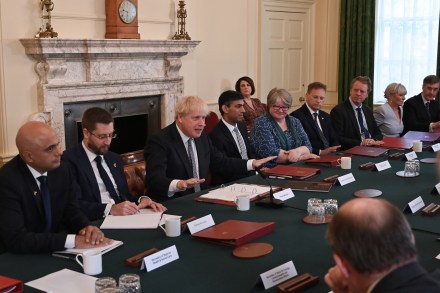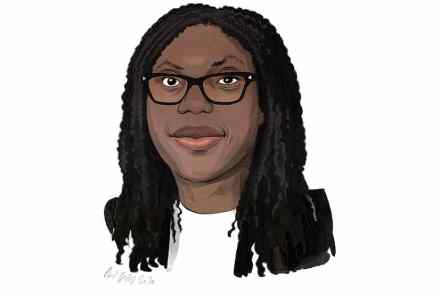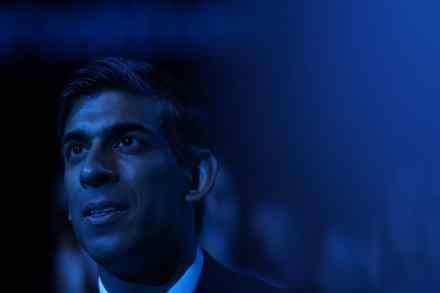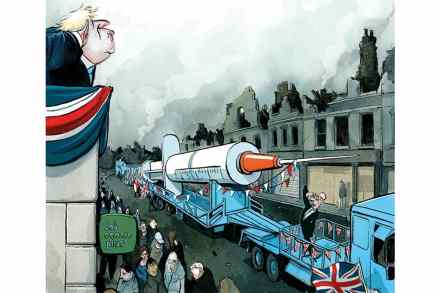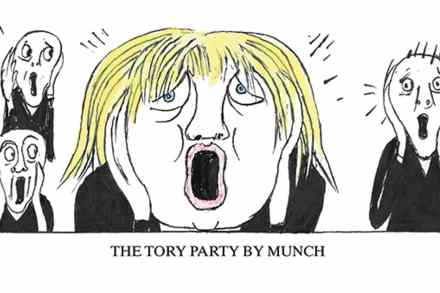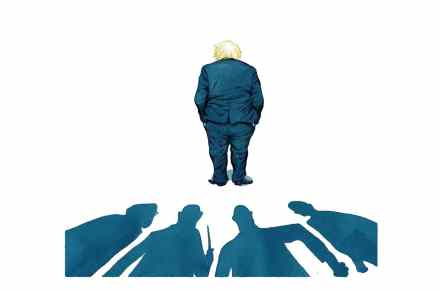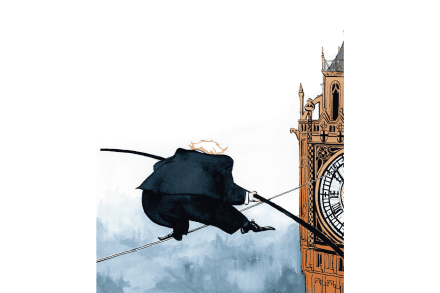The 57 Tory ministers who resigned – forcing Boris to go
Boris Johnson has announced that he is resigning as Prime Minister after facing a tide of ministerial resignations. Below is the full list of cabinet ministers, junior ministers and other government employees who resigned, forcing the Prime Minister to act. Cabinet ministers who have resigned from Boris Johnson’s government: 1. Oliver Dowden, party chairman (5.35 a.m. 24 June) 2. Sajid Javid, health secretary (6.02 p.m. 5 July) 3. Rishi Sunak, chancellor (6.10 p.m. 5 July) 4. Simon Hart, Wales Secretary (10.30 p.m. 6 July) 5. Brandon Lewis, Northern Ireland Secretary (6.49 a.m. 7 July) 6. Michelle Donelan, Education Secretary, (8.53 a.m. 7 July) Junior ministers, trade envoys and party officials who have
